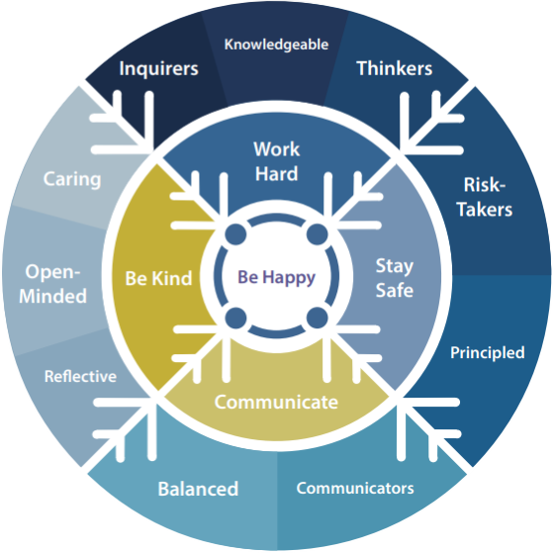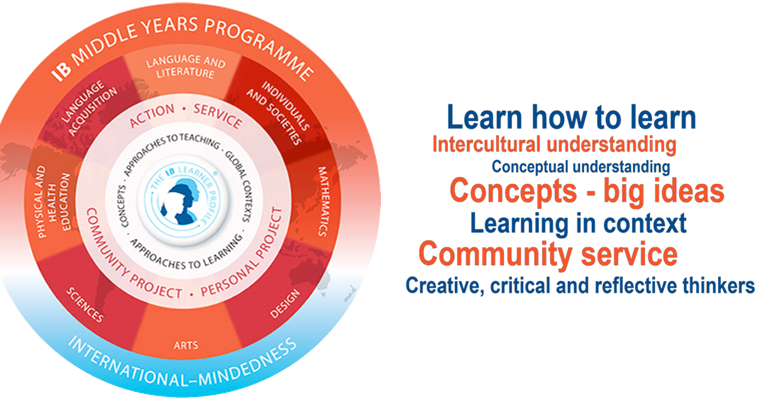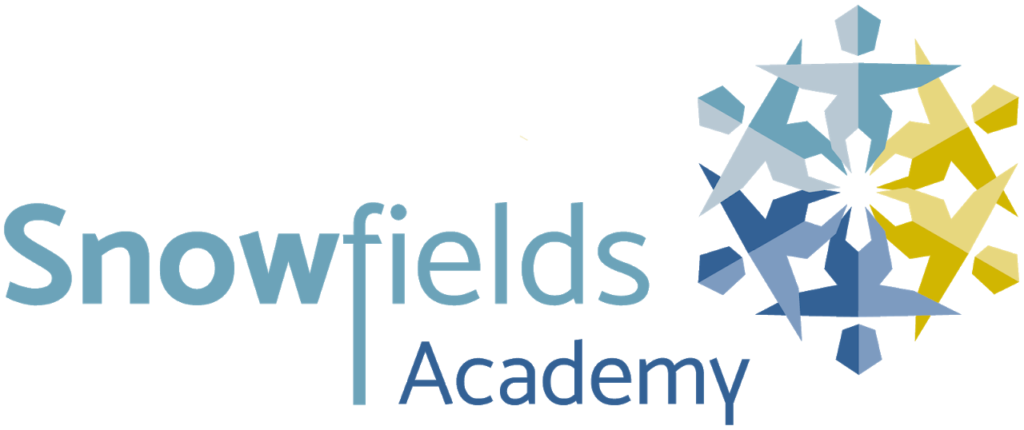Work hard, be kind, communicate, stay safe, be happy.
Our curriculum offers all students a broad, rich and balanced range of subjects, lessons and learning. At Snowfields everything is underpinned by the core moral drive to ensure that students leave us with all of the necessary knowledge, skills and attributes to successfully transition to their next stages of learning and life. Currently The Office for National Statistics (ONS) shows “just 22% of autistic adults are in any kind of employment.” (www.autism.org.uk). We aim to challenge this figure by supporting all of our students to leave Snowfields with all of the necessary skills, knowledge and attributes to successfully contribute to society.
Our curriculum not only teaches core knowledge but also develops the learner themselves. We challenge young people to become resilient and independent critical thinkers, and ultimately find joy in learning. Everything at Snowfields is underpinned by our 5 Core Values. Our goal is to provide all students with the skills and qualities in order to fulfil and live each of these values; hard working, safe, communicative, kind and ultimately happy individuals.
Our curriculum balances the acquisition of knowledge, with the development of conceptual understandings which challenge students to draw connections, links and patterns across subjects or disciplines. By marrying conceptual development with core factual knowledge we are able to develop both the learner, and their ability to learn, creating young people who have the skills to acquire new knowledge throughout their lives, a truly vital ability for anyone seeking to join an ever changing workforce.
At Snowfields we believe that this can be best implemented by drawing well tested practice from the International Baccalaureate via a collaborative project which seeks to ensure this is highly effective for students with autism. Our curriculum planning is inquiry-led and linked to the real world through six global contexts: Identities & Relationships; Orientation in Time & Space; Personal & Cultural Expression; Scientific & Technical Innovation; Globalisation & Sustainability; and, Fairness & Development. Interdisciplinary links are further strengthened through the use of sixteen key concepts which are explored and revisited within, and across, subject groups.
Our Values Charter

Curriculum units are framed around inquiry statements with students tasked to explore, learn and challenge these statements. They are then supported to develop key or factual knowledge pertaining to this area of inquiry. These units are delivered expertly taking into account students starting points, prior learning and crucially for our setting, executive functioning difficulties. Whilst differentiation needs to occur vertically in regards to cognitive abilities and prior knowledge; staff also need to expertly deliver and horizontally differentiate, taking into account an individual’s executive functioning needs. Snowfields have both universal support mechanisms for this, such as the deployment of support staff, but also more targeted and specialist strategies.
Key Stages
In Key Stage 3 students access the full range of our subject options as detailed in our curriculum map. Whilst undertaking these subjects students work against personalised progression targets within an assessment framework. Measuring pupils’ progress, not purely attainment ensures we are assessing pupils against their own development and progression, rather than purely comparing them to the peers in their class. In our setting we have a range of learning levels in each class, and purely outperforming or gaining a higher mark than a peer may in fact not constitute aspirational progress for the individual. By assessing students and from this setting individualised challenging targets, we ensure all assessments (and any subsequent outcomes, strategies or interventions) are pupil centred and highly reflective of each individual need and their own learning journeys.
KS3 Curriculum Map
English
Maths
Science
Individual & Societies
PSHE
I.C.T
Art
Music
P.E
Vocational Studies
Life Skills
Communication
All subjects are mandatory
As students transition into Key Stage 4 their respective levels help to inform a discussion regarding which pathway they enter for English, Maths and Science. We have 2 pathways; Curiosity pathway and Spirit pathway, (named after Mars Rovers!) Curiosity pathway follows and works towards a GCSE qualification, whilst Spirit pathway works towards Functional Skills (Level 1 & Level 2). The pathways are not exclusive, so an individual may be placed in the Curiosity pathway for Maths and the Spirit pathway for English. This model ensures that we reflect our students’ individual strengths and maximise the levels of stretch and challenge we provide them. Alongside these 3 subjects, students will also complete an ICT Functional Skills Level 1 or Level 2 qualification. We believe that this qualification is so imperative to successful employment therefore this is a mandatory subject in Key Stage 4. Students make a choice between either Art (GCSE) or P.E (BTEC L1& L2). All students in Key Stage 4 also access and undertake the BTEC Level 1 or Level 2 in Occupational Skills for the Workplace. This is a course which incorporates our specialisms for Catering & Hospitality, Horticulture and Land Based Studies. In addition all Key Stage 4 students have a discrete PSHE and P.E lesson once a week.
KS4 Curriculum Map
ABILITY PATHWAY
English
Maths
Science
MANDATORY
PSHE
I.C.T
Occupational Skills for the Workplace
OPTION BLOCK
Art OR P.E
Our curriculum is designed and articulated to create long lasting and meaningful impact for our students’ learning, next steps and ultimately their independent lives. By championing a culture of aspiration, resilience and passion for learning we are supporting young people to be in the very best position as they transition to their next steps. Students are equipped with both skills and qualifications to maximise their opportunities and ultimately challenge and impact the current landscape for adults with autism. Students leaving us will be hard working, safe, communicative, kind and ultimately happy individuals who live well with their autism.
If you would like to see further details about our curriculum, the sequence and what we are teaching when please click below to access our KS3 and KS4 Curriculum Maps, and our subjects overviews.
Impact
Our highly effective school curriculum has a profound impact on our students, shaping their educational journeys and preparing them for success in various aspects of life. While the impact can be observed through tangible outcomes, such as academic achievements, it is also evidenced in several other significant ways, highlighting the holistic development of our students.
Academic Excellence: The first and most apparent measure of our curriculum’s impact is the academic achievements of our students. Through a rigorous and well-structured curriculum, our students consistently demonstrate high levels of knowledge and skills across various subjects. Their personalised flight paths and targets ensure we are able to pinpoint specific over and under performance based on individual needs and starting points and where appropriate implement necessary stretch and challenge or intervention. This model ensures we develop each individual alongside their ability to think critically and solve problems effectively.
Holistic Development: Our curriculum goes beyond academics, focusing on the holistic development of each student. We believe in nurturing well-rounded individuals, and our curriculum incorporates opportunities for students to develop their physical, social, emotional, and creative abilities. By offering a wide range of co-curricular activities, sports, arts, and community engagement initiatives, our students become well-rounded individuals with a strong sense of self, empathy, and resilience.
Lifelong Learning: Our curriculum fosters a love for learning and equips students with the skills and attitudes necessary for lifelong learning. Students are encouraged to be curious, independent thinkers who actively seek knowledge and embrace challenges. They develop essential skills such as critical thinking, problem-solving, effective communication, and collaboration, enabling them to adapt and thrive in an ever-changing world.
Personalised Growth: Our curriculum recognizes the unique needs, strengths, and interests of each student. We strive to create a learning environment that supports individualised growth and encourages students to explore their passions. By providing a range of elective courses, enrichment programs, and personalised learning opportunities, students are empowered to set personal goals, pursue their interests, and develop a strong sense of self-efficacy.
Global Citizenship: Our curriculum prepares students to be responsible and engaged global citizens. We emphasise the importance of cultural understanding, ethical behaviour, and environmental sustainability. Through interdisciplinary projects, community service initiatives, and global awareness programs, our students develop a deep appreciation for diversity, empathy for others, and a sense of social responsibility. They become active contributors to their communities and are equipped to make positive changes in the world.
In summary, the impact of our highly effective school curriculum is evident not only in academic outcomes but also in the holistic development, lifelong learning mindset, personalised growth, and global citizenship of our students. Our curriculum empowers students to become confident, well-rounded individuals who are equipped to thrive in the challenges and opportunities of the 21st century.
International Baccalaureate (IB)
“… The International Baccalaureate (IB) is a not-for-profit foundation, motivated by its mission to create a better world through education.”
What is the MYP?
- The MYP (Middle Years Programme) is a challenging framework that encourages students to make practical connections between their studies and the real world. Teaching the MYP curriculum framework comprises eight subject groups, providing a broad and balanced Key Stage 3 education.
- As well as the eight subject groups, there is also cross-curricular, interdisciplinary teaching and the opportunity to complete a community project. Units are built upon concepts, including a global concept that ensures students are able to make connections between their learning and life outside of the academy, in their local community and beyond.
- It allows integrated development of cognitive and affective skills.
- It allows academies to develop a curriculum appropriate for their individual needs.
- It develops autonomous and critical learners.
- Content is chosen by academies, but is delivered within a concept-driven curriculum to bring coherence across subjects.
- Assessment drives learning and teaching positively.
At the centre is the IB Learner Profile
IB Programmes give structured opportunities for students to be:
- Knowledgeable
- Caring
- Risk-takers
- Principled
- Balanced
- Communicators
- Thinkers
- Open-minded
- Reflective
- Inquirers




